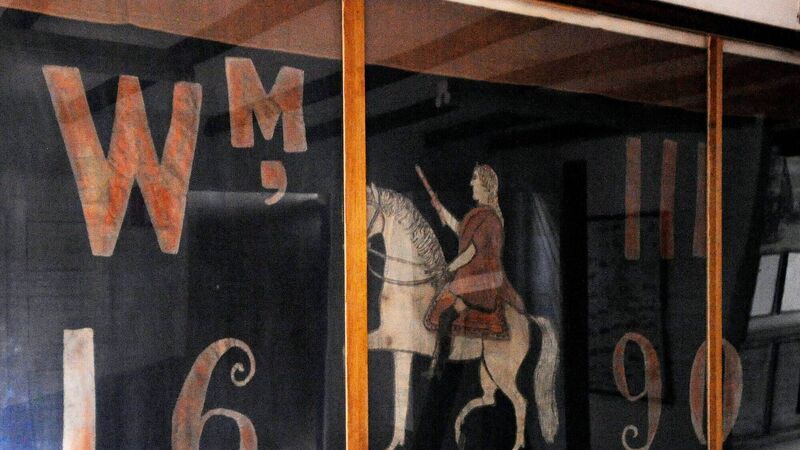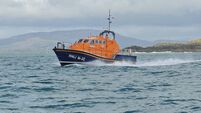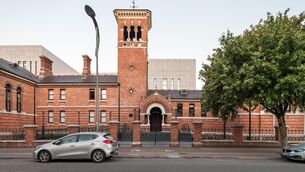The history for Cork's 44 Orange Order Lodges

The Orange Lodge flag from Bandon Orange Hall dating from the 1800s which is now framed in the West Cork Heritage Centre, Bandon.

While the city had a particularly strong community, Orange lodges reached all parts of the county — with lodges in Fermoy, Mitchelstown, Youghal, Kinsale, Clonakilty, Charleville, Millstreet and Bantry, to name but a few.

“They kept that Orange affinity and the entirety of Orange Cork revelled in the idea that it was southern Derry, there are poems about it.

“By looking at these contradictions, and hypocrisy on both sides in the past, it offers more opportunity for peace-building and relationship building.”







 App?
App?


